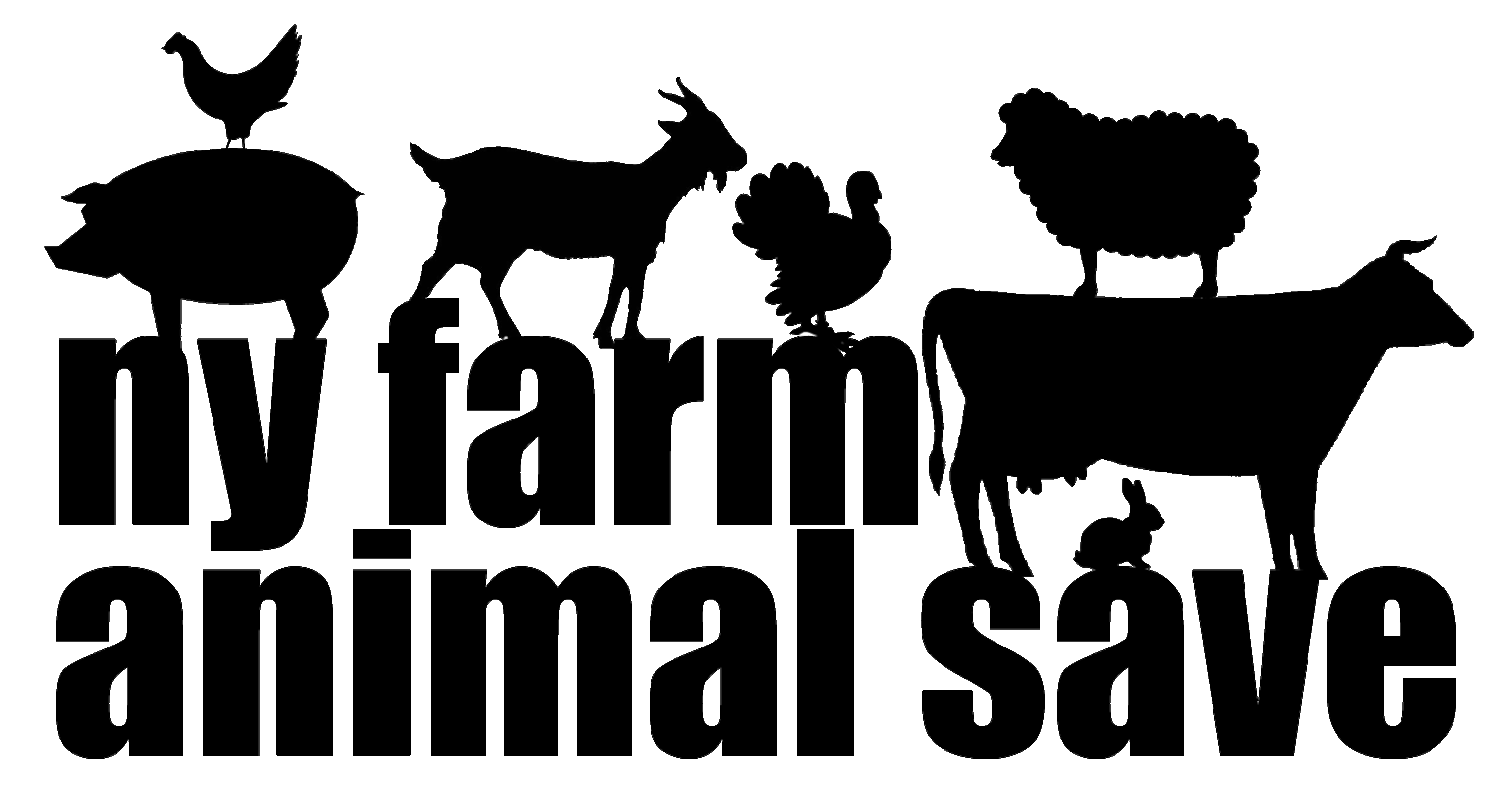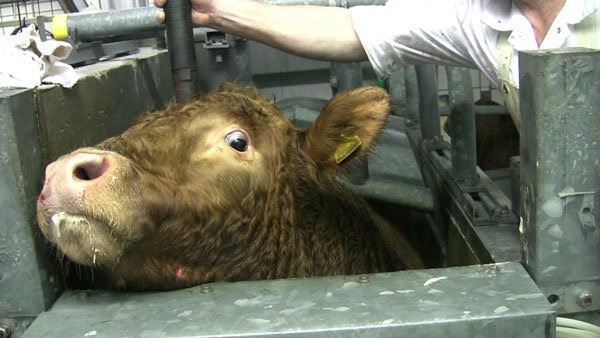The Humane Myth
There is No Humane Way to Harm or Kill Animals
The very existence of labels like “free range,” “cage-free,” and “humane certified” attests to society’s growing concern for the welfare of animals raised for food. But in truth, these terms are nothing but marketing ploys to make the consumer feel better about the animals they are eating. The movement to treat farm animals better is based on the idea that it is wrong to subject them to unnecessary harm; yet, killing animals we have no need to eat constitutes the ultimate act of unnecessary harm.
Scientific evidence has demonstrated that we do not need to eat animal protein to survive, and that in fact these foods are among the greatest contributors to the leading fatal Western diseases (such as cardiovascular disease and diabetes). Unlike animals who kill other animals for food, we have a choice. They kill from necessity. We do so to please our taste buds. There is a huge moral difference between the two. When we have plentiful access to plant-based food options, and a choice between sparing a life or taking it – there is nothing remotely humane about rejecting compassion and choosing violence and death for others just because we like the taste of their flesh, and because they cannot fight back. Might does not equal right.
Under misleading welfare labels, confinement operations like this one sell their eggs as “cage-free.” (photo: Sally Ryan, New York Times)
Misleading “Humane” Labels
While it’s sometimes possible to find small farms where the animals have “better” lives (though this in no way justifies exploiting or killing them), if you’re buying “cage free,” “free range” or “humane certified” animal products, you are more than likely being deceived about the welfare of animals raised for food. Because “humane” labeling terms are not meaningfully defined or enforced, suppliers are notorious for manipulating intentional loopholes in these loosely interpreted standards. In a recent report, even Trader Joe’s “cage free” egg suppliers were found to debeak their hens, which means the birds also live in severely crowded facilities. Massive confinement operations, that confine millions of chickens in deplorable conditions, are awarded “humanely raised” certification through a USDA-sponsored fraudulent labeling scheme.
Standard Inhumane Practices on “Humane” Farms
Many of the worst cruelties inflicted on animals in factory farms are also routine practices on small, free-range farms. These include:
Workers castrating goat kid without anesthesia. (photo: viva.org.uk)
- Exploitation of reproductive systems: the forcible insemination of restrained females, often painfully, and always without their consent, is standard practice on large and small farms.
- The systematic sabotage of motherhood: on all farms, big or small, dairy cows have their babies torn away from them so humans can drink the milk intended for their young. This cruel separation is devastating for cows and their calves, who are slaughtered for veal if they are male.
- “Free-range” egg farms does not mean chickens freely roaming in large fields – it usually means cramming anywhere from 2,000 to 20,000 chickens in a dark, poorly ventilated warehouse and millions of day-old male chicks being killed by either being ground up alive or suffocated in plastic bags because they’re of no use to the egg industry.
- Routine mutilations without anesthetic: castration (males except breeders), dehorning (male and female cows and goats), nose rings (free-range pigs), and ear tags or flesh “notches” (sheep, pigs, cows, and goats) are all painful mutilations commonly practiced on even the most “humane” farms, all without anesthetic. Most eggs sold in stores under free-range or cage-free labels come from hens who are painfully debeaked.
- Denial of instincts and preferences: Even on small, “humane” farms, animals have no control over the most important aspects of their lives (humans decide where and how they will live and whether they will reproduce).
At the slaughterhouse, cows are stunned by having a long, retractable bolt shot into their brains before their throats are slit. Many are terrified. All desire to go on living. (photo: CCTV for all slaughterhouses)
“Humane” Farming is Not Environmentally Sustainable
Burning of Amazon rainforest to make way for cattle pasture. (photo: Dado Galdier, The Guardian/AP)
- Greenhouse gases
- Habitat destruction
- Water usage
- Rainforest deforestation
- Ocean dead zones
- Species extinction
- Land requirements
Please see the section “For the Planet” under “Why Vegan” for more detailed information.
For more information and cite references, please click here.
Pocket of degraded rainforest surrounded by lifeless soybean plantations. A decade ago ago this was all pristine rainforest, habitat for over 1000 species of butterfly and 500 species of birds. (photo: Alberto Cesar/Greenpeace/AP)





